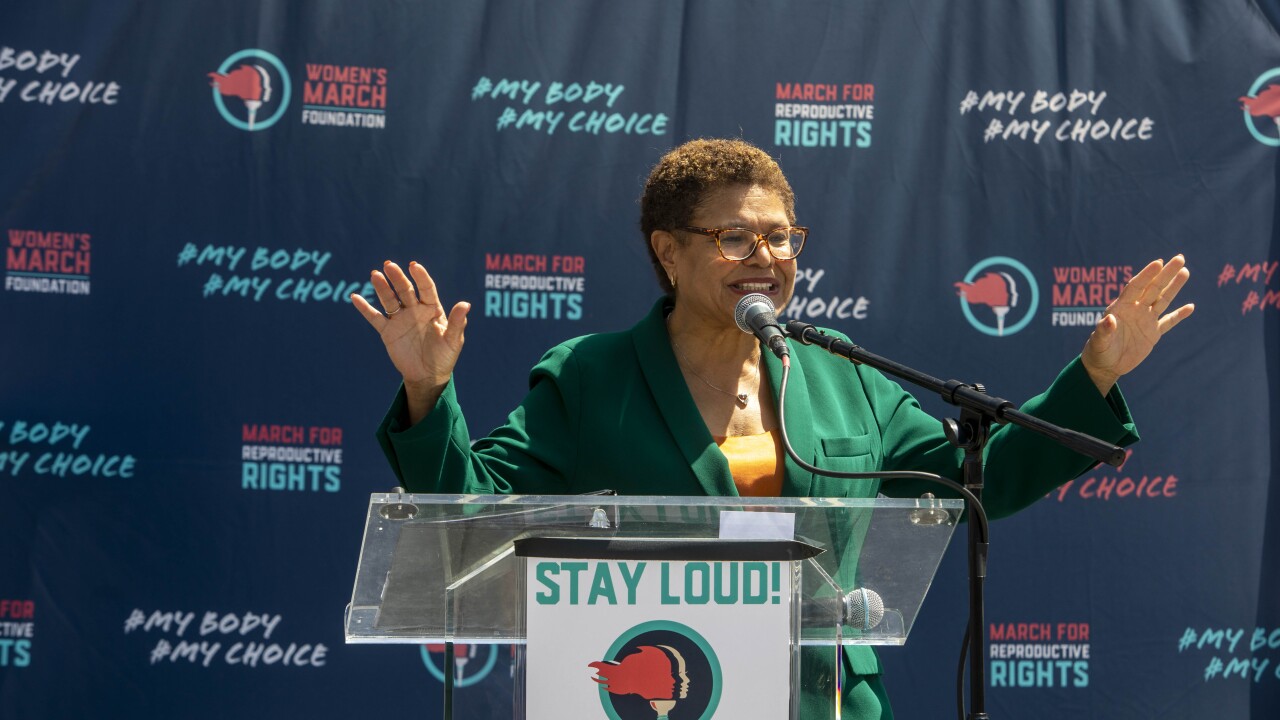WASHINGTON — The impact of the rapidly approaching fiscal cliff could devastate U.S. debt-financed infrastructure, Fitch Ratings said Monday.
The fiscal cliff includes $600 billion in tax increases and $1 trillion in automatic spending cuts slated to go into effect in January 2013 if Congress fails to pass legislation replacing those measures with some other combination of spending cuts and revenue provisions. If the cliff scenario does materialize, Fitch said, it could spark another recession and "dramatically affect demand for U.S. transportation assets."
"Given the far-reaching effects of the fiscal cliff, it is not expected that Congress will allow these tax and spending cuts to take effect, said Mike McDermott, managing director and head of the U.S. transportation team at Fitch. "But were it to occur, the effect on airports, roads, tunnels and bridges could be significant and could pressure ratings."
The ratings agency said the impact would likely be smaller than that of the 2008-2009 recession, because employment has not yet returned to pre-recession levels and Fitch's modeling of the impact suggests a softer blow. However, the impact could vary depending on the specifics of the infrastructure involved and could be particularly harmful to facilities that rely on revenue growth to meet debt service.
"While most ratings are not immediately affected by slowing growth or volume reduction, facilities with annual debt service obligations that increase over time, and those with less pricing power will have more rating pressure if revenue grows more slowly than debt service," the Fitch report states.
Issuers with more leeway to increase revenue through such measures as or fee increases might prove resilient and less likely to face downgrades under the fiscal cliff, Fitch suggests. Facilities such as airports, which face federal restrictions on increasing passenger facilities charges used to support debt, might need to delay capital investment plans or find ways to cut costs in order to maintain their ratings.
Although the report acknowledges that transportation sector recovery has been "tepid" since the end of the recession, data indicates a recovery for that infrastructure in the absence of the fiscal cliff, McDermott said.
"Traffic on roads, freight indices, and airport traffic all point to an economy on a somewhat surer footing," he said.
Both Democratic and Republican leaders, including President Barack Obama, and House Speaker John Boehner, R-Ohio, have expressed determination to reach a deal and avert the cliff.





